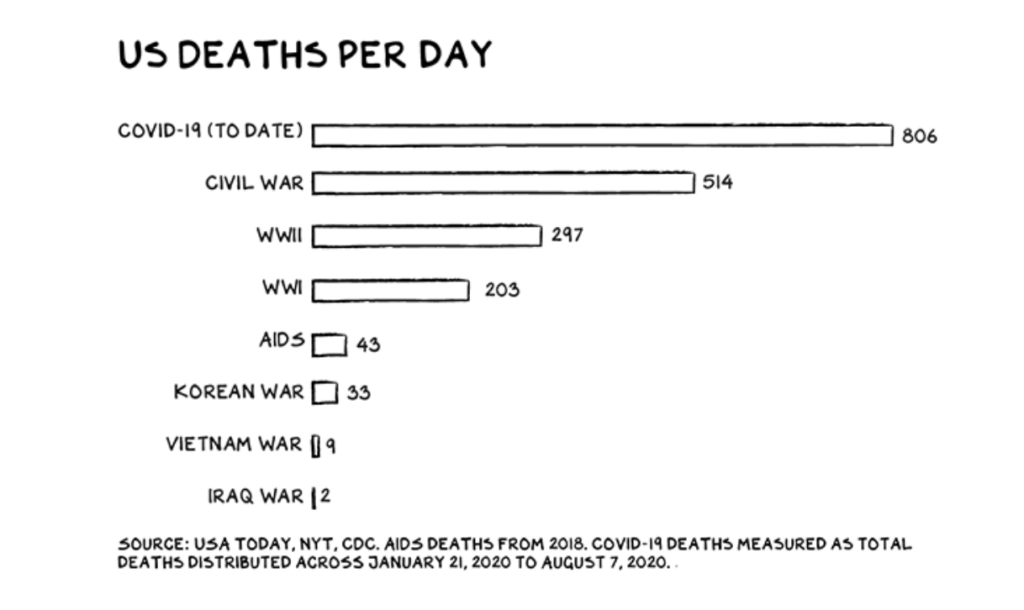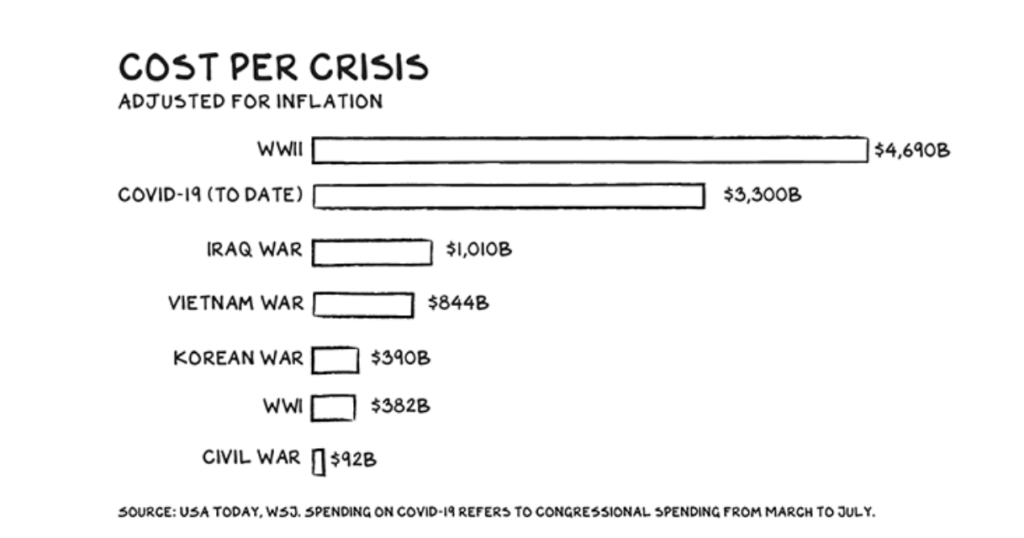A musical alternative to the morning’s news
Since it’s Sunday, something a bit longer (28 minutes)
James Joyce’s playlist — from a lovely Radio 4 documentary by David Norris on the significance of the music in Ulysses, made to celebrate a particular Bloomsday.
Professor Norris points out at the beginning of the recording that many people probably don’t realise that Joyce was a fine singer as a young man. On 16 May 1904 he participated in — and should have won (see later) — the national Feis Ceoil [Festival of Song] singing competition.
The James Joyce Centre takes up the story.
The Feis Ceoil is an annual celebration of Irish musical talent with competitions in various categories including singing. In 1903, the Feis Ceoil tenor singing competition was won by John McCormack. The prize was a year-long scholarship to study in Italy. Shortly after his return to Ireland in 1904, McCormack persuaded his friend Joyce to enter the Feis.
In preparation, Joyce started taking lessons from Benedetto Palmieri, the best singing teacher in Dublin, but he soon switched to Vincent O’Brien who was less expensive than Palmieri. Joyce had moved into rooms at 60 Shelbourne Road where he hired a piano to rehearse for the competition. Joyce sang in a concert given by the St Brigid’s Panoramic Choir on Saturday 14 May 1904, and two days later he sang at the Feis Ceoil.
The set pieces for the singing competition in 1904 were ‘No Chastening’ by Arthur Sullivan (of Gilbert and Sullivan fame), and ‘A Long Farewell,’ a traditional song arranged by Moffat. According to the review of the competition in the Irish Daily Independent on 17 May, “Mr. Joyce showed himself possessed of the finest quality voice of any of those competing…”
Part of the competition was to sing at sight from a previously unseen music score, and at that point Joyce simply walked off the stage. It seems that the judge, Professor Luigi Denza, had intended to give Joyce the gold medal but, when Joyce refused the sight-reading test, Denza could not place him among the medal-winners. However, at the end of the competition, the second-placed singer was disqualified and Denza awarded the third-place medal to Joyce. Joyce gave the medal to his Aunt Josephine and today it is owned by the dancer Michael Flatley.
There’s an interesting personal echo in this for me. The most influential teacher I ever had was a Jesuit priest called Father O’Brien, who taught us English in the fifth and sixth form and who was also — he told us once — the son of Joyce’s “less expensive” voice tutor. He was also the teacher who persuaded me that reading off the exam syllabus was one of the most sensible things an intelligent student could do. So I did. Best advice I ever had.
Amazon, books and misinformation
This morning’s Observer column:
It’s a truism that we live in a “digital age”. It would be more accurate to say that we live in an algorithmically curated era – that is, a period when many of our choices and perceptions are shaped by machine-learning algorithms that nudge us in directions favoured by those who employ the programmers who write the necessary code.
A good way of describing them would be as recommender engines. They monitor your digital trail and note what interests you – as evidenced by what you’ve browsed or purchased online. Amazon, for example, regularly offers me suggestions for items that are “based on your browsing history”. It also shows me a list of what people who purchased the item I’m considering also bought. YouTube’s engine notes what kinds of videos I have watched – and logs how much of each I have watched before clicking onwards – and then presents on the right-hand side of the screen an endlessly-scrolling list of videos that might interest me based on what I’ve just watched.
In the early days of the web, few, if any, of these engines existed. But from 2001 onwards they became increasingly common and are now almost ubiquitous…
Wendy Grossman, Whom God Preserve, sent me a link to her perceptive review of the film (Astro)Turf Wars. The main point of the movie is that what are perceived by mainstream media as “grassroots” movements are in fact often comprised of credulous folks who are skillfully manipulated by figures working for the usual crowd — Big Tobacco, Big Oil, Big Pharma, et al.
The link to my column comes from a passage where, in Wendy’s review,
One trainer explains that he spends 30 minutes a day going through Amazon’s book lists giving anything liberal one star and anything conservative five stars. “Eighty percent of the books I put a star on, I don’t read,” he says. “So that’s how it works”. The same goes at sites like Rotten Tomatoes and Flixster (“This is where your kids get information”), where he gives bad ratings to movies like Sicko (“I don’t want Michael Moore to come up”). “That’s how you control the online dialogue and give our ideals a fighting chance.”
What to Do When Covid Doesn’t Go Away
Ross Douhat on lessons for coronavirus long-haulers from his own experience with chronic illness.
Two months ago Ed Yong of The Atlantic reported on Covid’s “long-haulers” — people who are sick for months rather than the two or three weeks that’s supposed to be the norm. They don’t just have persistent coughs: Instead their disease is a systemic experience, with brain fog, internal organ pain, bowel problems, tremors, relapsing fevers, more.
One of Yong’s subjects, a New Yorker named Hannah Davis, was on Day 71 when his story appeared. When she passed the four-month mark, in late July, she tweeted a list of symptoms that included everything from “phantom smells (like someone BBQing bad meat)” to “sensitivity to noise and light” to “extreme back/kidney/rib pain” to “a feeling like my body has forgotten to breathe.”
That same week, the Centers for Disease Control and Prevention released a survey of Covid patients who were never sick enough to be hospitalized. One in three reported still feeling sick three weeks into the disease.
Douhat has some sensible and useful suggestions for staying sane when you’re suffering from symptoms for which conventional medicine currently seems to have no remedy. It’s a good piece, and I can imagine that some sufferers will find it helpful.
The private John Hume that few people knew
This morning the John Bowman show on RTE ran a wonderful programme compiled from the station’s archives which painted a compelling audio portrait of the man behind the towering public figure.
Many thanks to Kevin Cryan for alerting me to it.
This blog is also available as a daily email. If you think this might suit you better, why not subscribe? One email a day, delivered to your inbox at 7am UK time. It’s free, and there’s a one-click unsubscribe if you decide that your inbox is full enough already!


